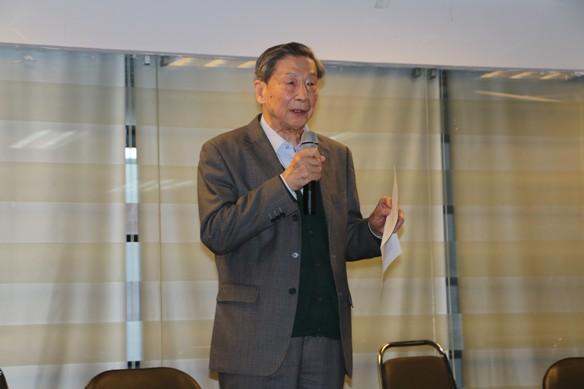Domestic consumption in China is low because very little wealth trickles to the vast majority of people. Most wealth flows to the government. The government then invests the money, and that’s why China has ended up with so much excess capacity. China has become a country with a lot of overcapacity, a situation that cannot be easily resolved.
China’s economic problems stem from low consumption and overcapacity as a result of excess investment. We have talked about this for years, but there has not been much change. The reason lies in state ownership.
Why do I say these problems are related to state ownership?
We know that creation of wealth depends on production, labor, and resources, with land being the main resource. In a capitalist society, capital and land are privately owned. In a state ownership society, labor is privately owned, unless it is a slave society. Capital may be privately owned or state owned. Land and mines are owned by the state.
Compared with private ownership based countries, China’s wealth creation capital and resources are owned by the state. Thus, the wealth gained goes to the state, including allocation of gross domestic product (GDP).
